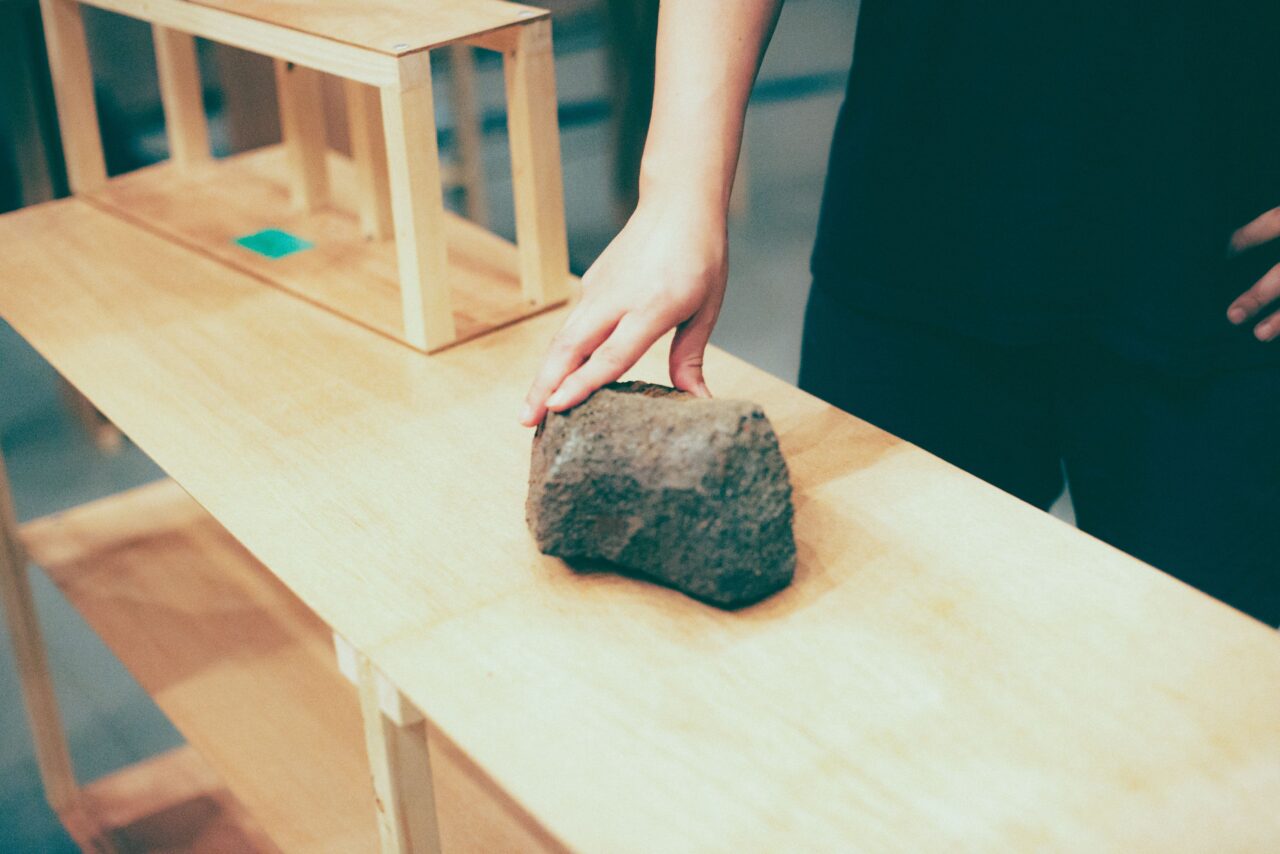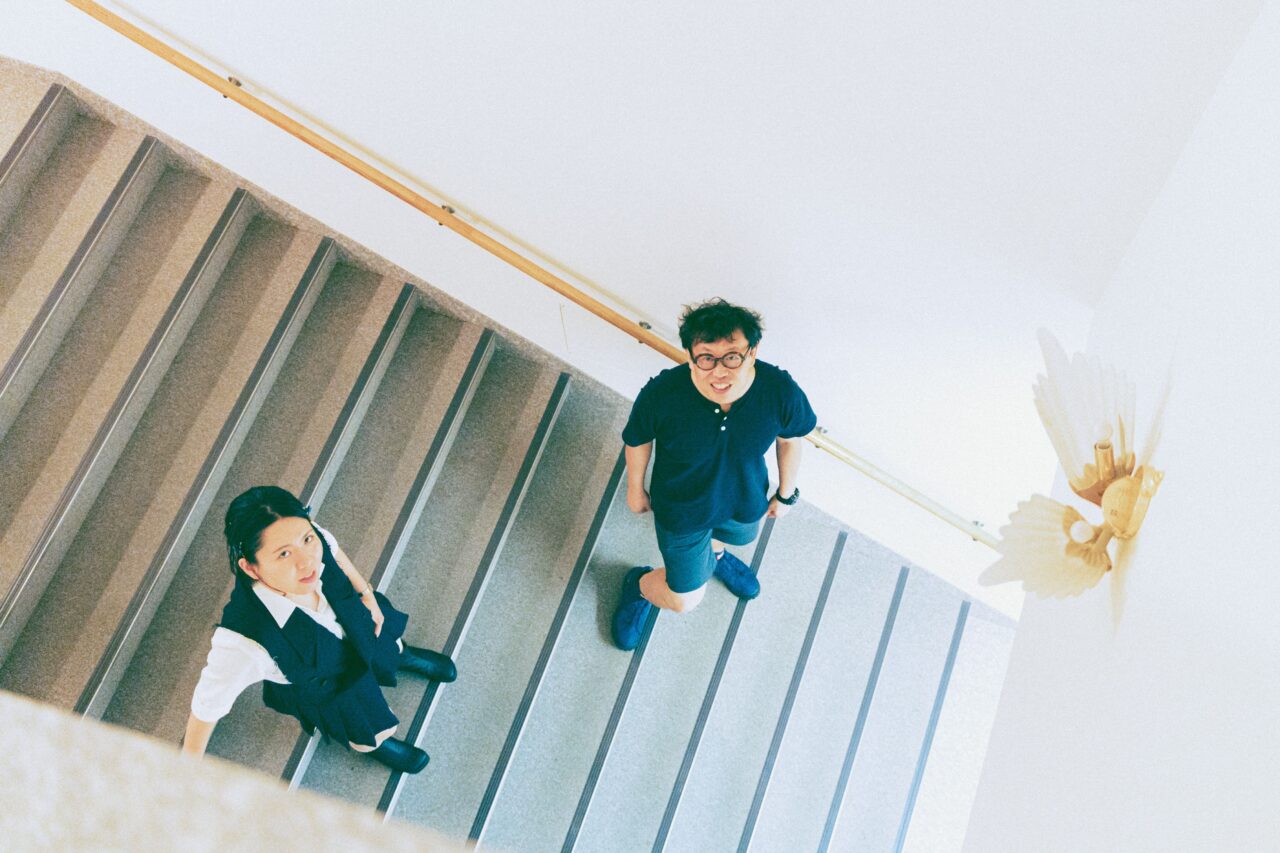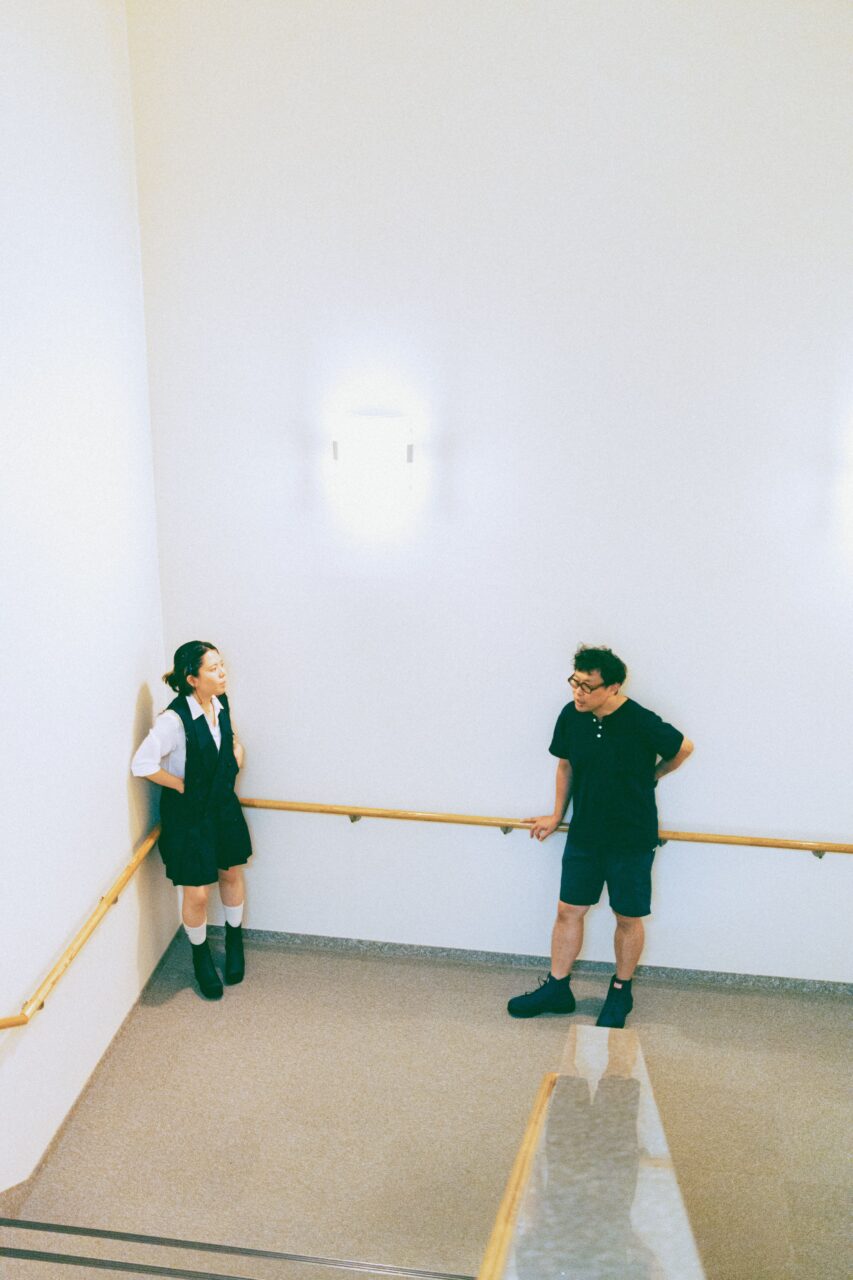INDEX
Kaho Nakamura’s Admiration for Theater Rehearsals
Do you guys ever feel envious of each other?
Nakamura: I am envious of theater, or what I would like to do is to go into long rehearsals.
Okada: Exactly, I feel the same way! [laughs]
Nakamura: With music live performances, it’s all about assembling and dismantling the stage at an incredible speed within just one day.

Both of you have performed overseas, but what are your thoughts on the differences in audience reactions between Japan and abroad?
Nakamura: In Japan, tightly executed performances are generally more easily understood. Sticking to a predetermined tempo and flow makes it easier to align lighting and other staging elements. Additionally, there’s a tendency for Japanese audiences to prefer clear, polished products. If emotional aspects of a performance become overly lengthy, you need to either declare in advance that it’s a performance focused on what you want to express or create an atmosphere that indicates emotionality; otherwise, the audience may feel confused. In contrast, it seems that European and Taiwanese audiences can grasp those emotions without needing such cues.
Okada: So do you decide on your live performance based on the audience’s vibe at that moment?
Nakamura: Yes, I structure my live shows in a DJ-like manner, so while performing the first song, I’m already thinking about the third or fourth one. I ask myself, “What should I play next?” During my last European tour, I found myself leaning towards slower songs. Since the Japanese MC doesn’t always translate well, I feel like I communicated more through the songs themselves.
Okada: One thing I envy about music is that, regardless of genre, the music scene is far more digitalized compared to theater. By digitalization, I don’t mean just computers; for instance, sheet music contains instructions like “play this way.” It includes nuances like playing strong/soft or fast/slow. Those nuances can be notated on sheet music. There’s no comparable format in theater that matches that. In other words, the degree of digitalization in scripts is far lower than in sheet music.
Nakamura:That’s true. Sheet music does serve as a kind of language that allows for immediate alignment of sounds. However, when you focus on each section and sound, you can see differences between those who play by looking at the sheet music, those who perform by watching the audience, and those who are attentive to the stage director while performing.
Okada: I see.
Nakamura: It varies from person to person whether they’re listening to the vocals or looking at the audience while performing, which can create a disjointed feeling during the performance. I believe it takes time to synchronize these elements when entering the rehearsal studio. For that reason, I personally want us to gather more frequently. For instance, if I simply say, “Listen to my vocals!” it leads the players to just play while listening to the song, which means they end up functioning merely as tools, contrary to my intention.

Okada: That doesn’t sound very interesting. Do you usually go on tour with the same members?
Nakamura: Yes, we often travel with the same members. However, compared to theater, we can complete things in a shorter period, so many people tend to squeeze in other jobs in between.
Okada: How long do you think you need to do what you want?
Nakamura: I’d like to try for about a month. I’ve never done it before, so I’m not sure what the best duration is. Lately, I’ve been trying to gather unnecessarily.
Okada: That sounds great.
Nakamura: I even go out of my way to book a somewhat shabby studio, preferably in the countryside. Then, I kill time at a nearby café. I’m currently experimenting with what kind of atmosphere the team develops after going through that process.
I think you’re really good at enabling the players to function. I really like Shuudai Nishida’s guitar, and I’ve seen him play in various bands, but my favorite is when he’s with your band.
Nakamura: Thank you! It’s just my theory, but I believe he’s better at improving music by going out for drinks together rather than discussing how to use sheet music. Do you feel that sense of gradually coming together during rehearsals?
Okada: I do feel that things come together. I’m not sure if that’s how I would express it, but it definitely happens. It develops and grows.
Nakamura: In the case of a revival like this one, do you feel like it’s been simmering for a while?
Okada: I’m not consciously letting it simmer, but there are often times when I realize that taking some time was beneficial. When you start rehearsals after a considerable break, it’s fun in its own way. Both letting it simmer and rehearsing while increasing the number of performances allow the work to grow, and all of that is interesting.



























